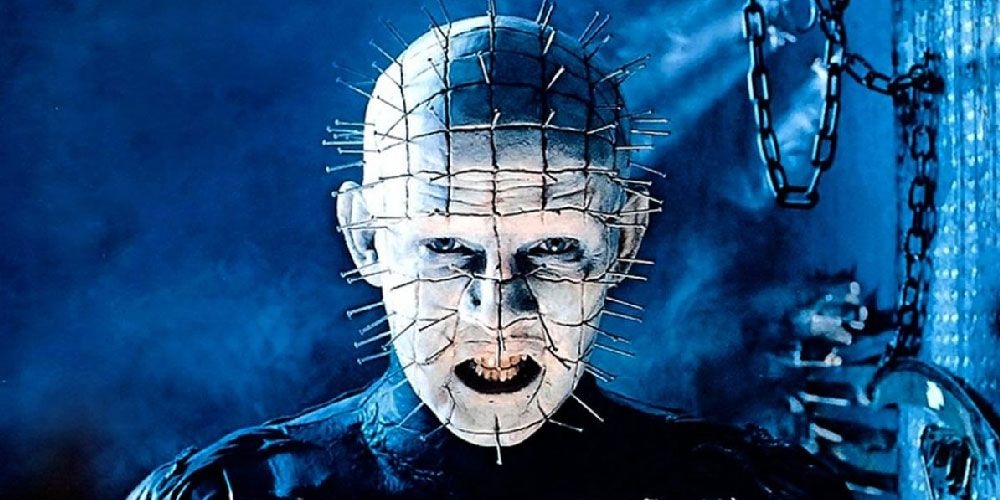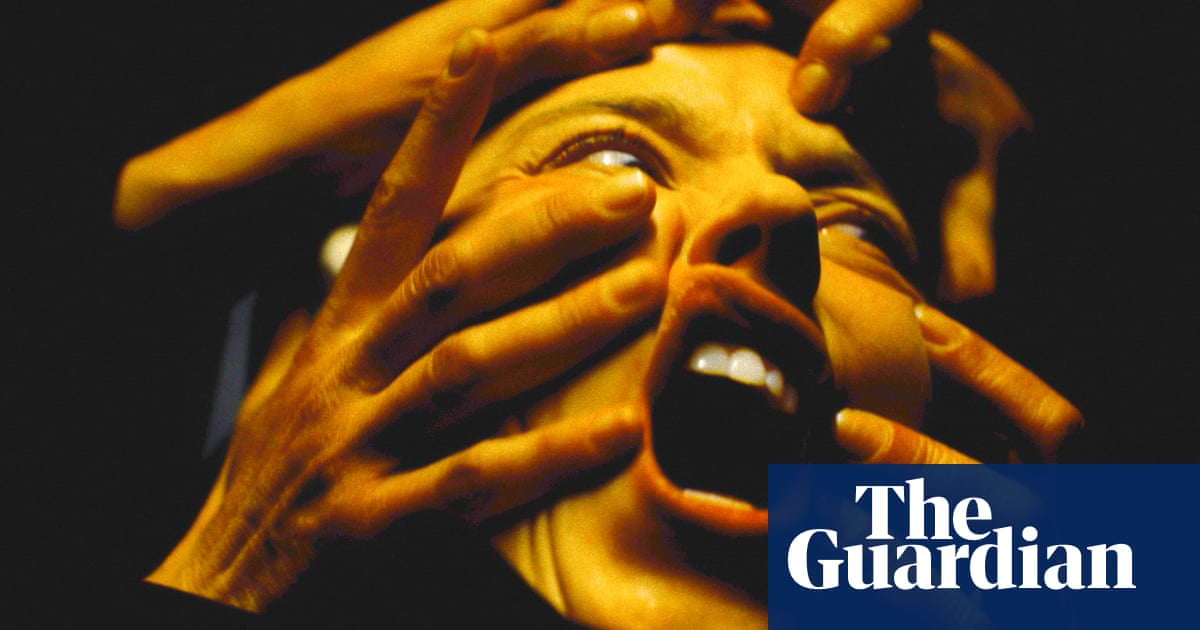- cross-posted to:
- entertainment@beehaw.org
- cross-posted to:
- entertainment@beehaw.org
Nosebleeds, a metallic taste in the mouth, feet that go up a whole size the side effects of pregnancy are their own kind of body horror and a slew of films released this year hone in on just how bloody and brutal childbirth can be. Immaculate, The First Omen, Apartment 7A and Alien: Romulus all feature pregnancies that are invasive, the result of non-consensual sexual encounters. The terror the women in these films experience when they’re at their most vulnerable is heightened by how isolated they are, either in remote locations, by a language barrier, in new cities or in the vast reaches of space. Escape seems impossible – where can you run when you’re hostage to the horrors of your own body?
The past few years have birthed a spate of pregnancy horror films – Clock’s take on the societal pressure to have a child, Baby Ruby’s examination of postpartum depression – marking a significant trend in the wake of the US supreme court’s overturning of Roe v Wade, and several states enacting laws that deprive women of bodily autonomy. Apartment 7A (a prequel to Rosemary’s Baby) is set in the mid-1960s, The First Omen in 1971, Immaculate in the present and Alien: Romulus between 2122 and 2183, but all reflect current anxieties. For all their otherworldly and supernatural frights, they tap into very real fears.
…
These are not the only films this year to feature gnarly birth sequences – while The Substance’s is back-breaking (literally!), Beetlejuice Beetlejuice depicts a toddler bursting out of a rapidly expanding stomach, followed by a gush of amniotic fluid. And in Nightbitch, which recently premiered at the Toronto international film festival, the pressures of parenting lead one woman (Amy Adams) to believe she’s transforming into a dog. For film-makers this year, the stresses of pregnancy and motherhood continue to be fertile cinematic ground.


